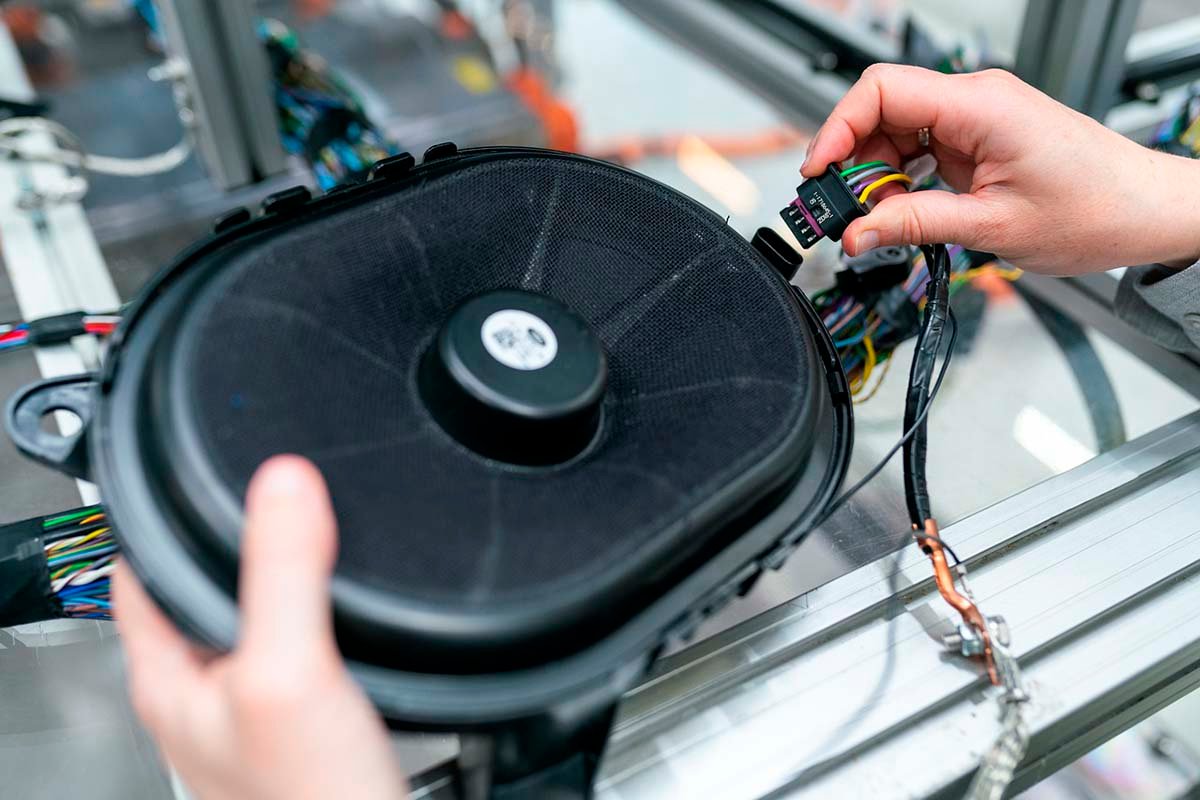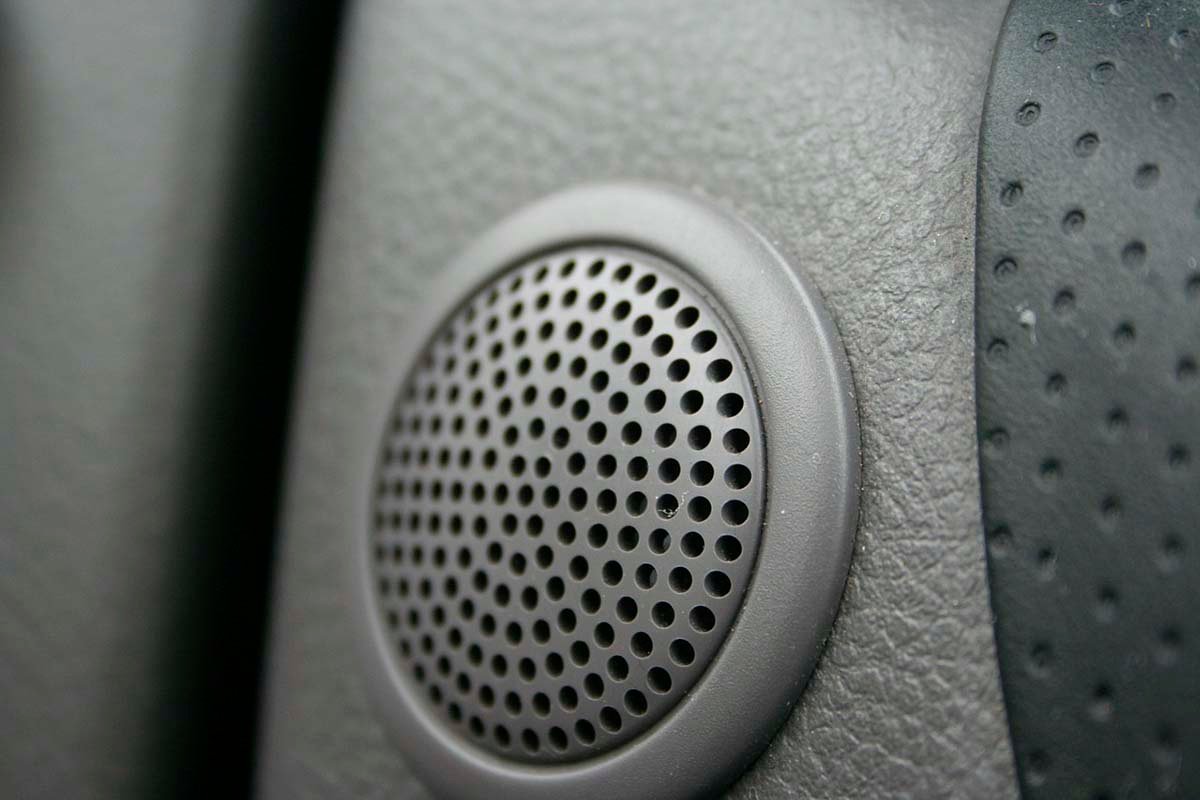It doesn’t hurt to have the best sound in your car. Many cars come with default factory-installed speakers that prompt many car owners to upgrade to high-end speakers. But is opting for expensive car speakers worth it?
Expensive car speakers are worth it. They’re superior in terms of design and produce better sound output. They also ensure long-lasting performance. So, while you can save on the initial cost when you buy budget speakers, constant repair and replacement can pile up and get expensive too.
This article will look at the advantages expensive speakers have over cheap speakers.
I’ll explain the key differences between them and the factors you should consider to help you make an informed decision before you purchase your car speakers.
Page Contents
Cheap vs. Expensive Speakers: Factors To Consider

There are many ways to differentiate between cheap and expensive car speakers apart from price. The difference in value that big spenders get compared to budget spenders is based on several factors.
Let’s look at the following factors that you should consider when you’re looking to purchase a speaker.
By the end, you should have a clear understanding of why expensive car speakers are worth it.
1. Quality of Build
This is an important consideration when buying car speakers since it determines their performance and sound output.
Cheap speakers have fragile structures that tend to go through degradation over time. This happens because they vibrate when playing, leading to enclosure resonance, which is an enemy to good sound.
To reduce resonance and improve sound quality, high-end speakers use solid materials like aluminum.
Internal bracing is also used to absorb as much vibration as feasible in the enclosures.
Because it’s flexible and heat resistant, butyl rubber is an ideal surrounding material.
To generate good sound quality, tweeter materials should be soft.
Based on the above, expensive car speakers utilize high-grade materials and, in turn, offer better sound quality.
While expensive speakers use rubber, cheap or budget speakers are made from foam or cloth, which doesn t last long and has poor sound output.
2. Power-Handling Capabilities
This factor is crucial as it’s the main difference between cheap car speakers and expensive speakers.
By the very nature of the word, the power-handling capabilities of a speaker inform one how much power a car speaker can handle.
The better the power-handling of a car speaker, the higher the watts it can handle without distorting the music.
In most cases, when comparing various speakers to ascertain their power-handling capabilities, one ought to use root-mean-square (RMS) as it’s the most commonly used form of measurement.
The higher the RMS, the better the performance of the speaker.
Additionally, power-handling is the primary determinant of whether a car speaker can go for long periods without overheating.
Cheap car speakers don’t have enough power to function for too long before overheating and malfunctioning.
On the other hand, expensive ones can operate over long periods without changing the sound quality or overheating.
For this reason, power-handling capabilities make expensive car speakers more worth it as they can handle a lot more power.
The more expensive the car speaker, the higher its RMS, and consequently, the better the performance.
3. Sensitivity Levels
This factor is paramount to any speaker. Sensitivity levels speak to the quality of sound a speaker can produce even with high volume levels.
Sensitivity also involves the power a car speaker requires to produce high yet quality sound. Expensive speakers with higher sensitivity levels need less energy to produce high volumes with good quality.
Cheaper speakers tend to have less sensitivity levels, consuming more power when producing high volumes and distorting the same.
It leads to poor performance should one want to listen to sounds in high volumes.
As already established above, expensive car speakers have more sensitivity levels, making it easier to produce better sound quality and volume.
For this reason, they’re worth more as they don’t require one to add an amp to add higher volume.
4. Frequency Range Capabilities
This involves the speaker’s response to frequency and, conversely, the frequency range that a speaker can produce. Frequencies are usually most commonly measured in Hertz (Hz).
Studies show that human beings have a hearing range of 20 Hz to 20 kHz, with the former being the highest and the latter being the lowest.
While it may look rational for one to conclude that good speakers are the ones that have higher frequency range capabilities, that isn’t the case.
The quality isn’t in reproducing audible frequency ranges but in the ability to equalize the said frequency.
It, therefore, means that loud speakers aren’t necessarily good speakers. If you’ve ever bought cheap earphones, you’ll understand exactly what this means.
Cheap earphones are loud; I mean really loud. However, despite the loud sound, the sound quality from cheap earphones is woefully poor.
The same applies to car speakers. Expensive speakers can play frequencies at equal levels without overemphasizing some over others.
The inability of cheap speakers to play all frequencies at a comparable level leads to poor sound quality. As such, expensive car speakers enable one to enjoy deep bass without having to buy a subwoofer.
5. Impedance Rate
This indicates a speaker’s ability to resist the flow of energy or current from an amplifier. Impedance is measured in ohms.
Car speakers with a lower impedance rate tend to allow more current to flow, hence they consume much less power to pass such current.
However, this isn’t always advantageous as such speakers might require powerful amplifiers.
The reverse is also true: speakers with high impedance allow less current to flow, thus requiring more power.
Cheap car speakers tend to have a higher impedance rate, making them susceptible to overheating and subsequent poor performance.
On the other hand, expensive car speakers tend to have an impedance that’s neither too high nor too low.
It enables them to not only produce quality sound but also protect amplifiers from the risk of damage.
Don’t Fall Victim to Performance Ratings

So, are expensive car speakers better? Yes. When looking to buy car speakers, one of the best ways to tell which one is better is by looking at the price.
It doesn’t mean that there are no cheap car speakers out there that have good performance ratings. It just means that if you compare cheap speakers to expensive ones, the expensive car speakers come out on top almost every single time.
This is because they can play all sound frequencies equally, have lower impedance, have higher sensitivity, and handle more power, reducing the risk of overheating.
Are Expensive Car Speakers Worth the Price?

Expensive car speakers are worth the price because you get good value for your money in terms of sound quality and performance.
They’re also durable, saving you valuable repair costs.
Firstly, expensive car speakers produce better sound in terms of deep bass and clear treble. Also, unlike cheap speakers, high-end speakers have no distortion of sound regardless of the volume. It improves the overall listening experience.
Secondly, as mentioned earlier, expensive car speakers are more sensitive than cheap ones.
Sensitivity is measured in decibel levels per watt of amplifier power and is commonly recorded one meter from the speakers.
Also, expensive car speakers are durable, meaning they last for long periods without being subject to repair and maintenance. This is usually a result of the top-quality materials that are used in putting them together.
Cheap speakers tend to wear out quickly, and this would warrant constant replacement.
Conclusion
Expensive car speakers are worth breaking the bank for if you’re looking for the most authentic audio quality.
The high-quality materials that go into crafting these speakers create a significant difference in sound quality and longevity.
People who’ve opted for cheap car speakers harbor horror stories about their experiences with the speakers.
Additionally, cheap speakers aren’t worth the dollars you stand to save by purchasing them.
In the long run, they can get expensive because the cost of constant replacement and repair will far outweigh the cost of buying expensive speakers.

